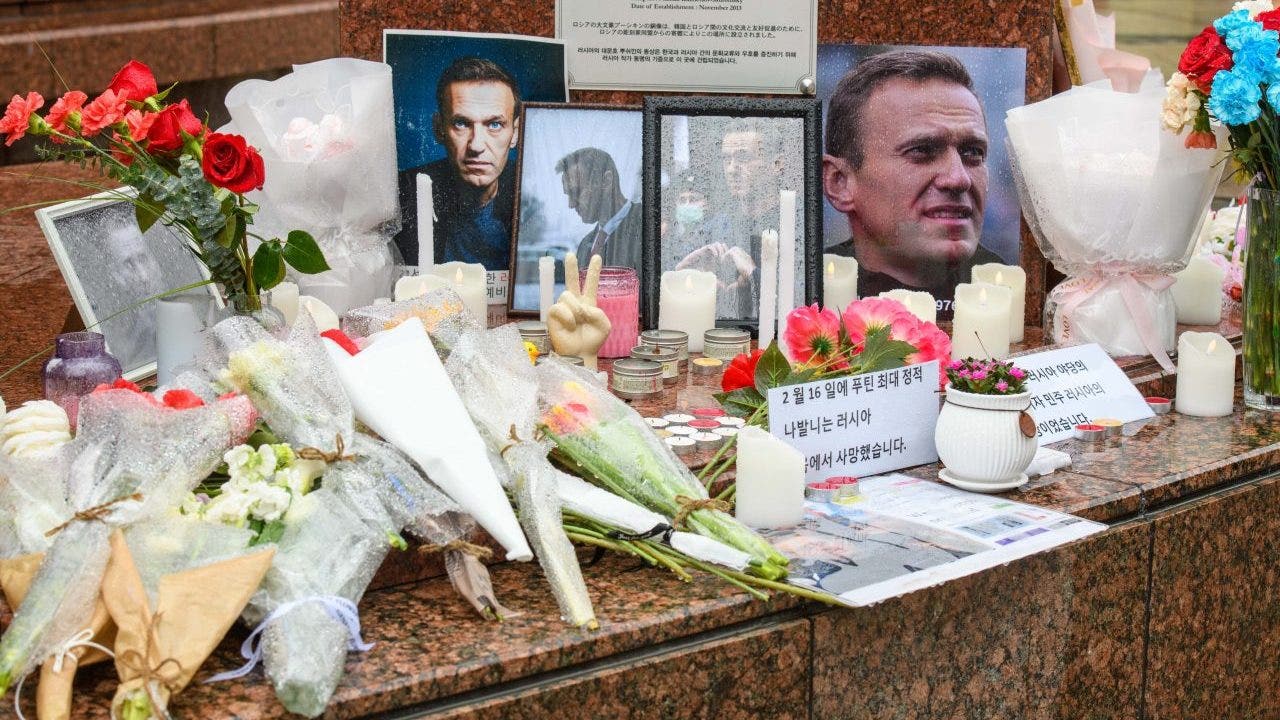A key member of Prime Minister Benjamin Netanyahu’s Israeli war cabinet who has threatened to depart amid serious differences over the war in Gaza has indefinitely postponed an expected news conference planned for Saturday evening, citing “recent events.”
The decision comes as Israeli authorities announced that they had rescued four hostages who had been held in Gaza since Oct. 7 in a “complex” operation in central Gaza.
Benny Gantz, a centrist opposition leader, has said he would quit unless Mr. Netanyahu addressed his concerns about how the war would end and what would follow it, with pressure rising on Mr. Netanyahu to wind down the conflict and put forward a detailed plan for governing the territory when fighting ends. Last month, Mr. Gantz said he would resign by Saturday, though there was no public indication of whether he would follow through.
If he were to depart, it would be unlikely to force Mr. Netanyahu from office. Mr. Gantz and his party have not been part of the prime minister’s right-wing governing coalition, which has a majority of 64 seats in Israel’s 120-member Parliament.
But Mr. Gantz’s threat has again exposed the fractures within Israel’s leadership as frustration grows at home over the failure to decisively defeat Hamas or to bring home all the hostages held in Gaza.
Mr. Gantz joined the powerful war cabinet, which makes many of the decisions about the Gaza conflict, after the Hamas-led Oct. 7 assault on Israel, in a demonstration of unity in a crisis. He brought stature to the role as a former military chief of staff, former defense minister and popular opposition figure, seen as the chief political rival to Mr. Netanyahu.
Critics say Mr. Netanyahu has failed to articulate a coherent plan for what has come to be known as “the day after” — how Gaza will be run after the fighting eases, and by whom. He has rejected the Biden administration’s view that the Palestinian Authority, which administers parts of the Israeli-occupied West Bank, should help run Gaza in some form.
And he has declined to publicly embrace a cease-fire proposal endorsed by Mr. Biden, one that Israeli officials have said matched one greenlit by the war cabinet. Mr. Netanyahu, trying to quell an uproar from far-right members of his governing coalition, has said he will not agree to any deal that ends the war without the total destruction of Hamas’s military and governing capabilities. Hamas has also not publicly backed the proposal.
Like Mr. Netanyahu, Mr. Gantz has ruled out agreeing to establish an independent Palestinian state or handing control of postwar Gaza over to the Palestinian Authority, raising some questions about how substantially he differs ideologically from the prime minister.
But he has been among the most prominent voices pushing for a cease-fire. Analysts said his departure could embolden far-right ministers in Mr. Netanyahu’s coalition, led by Itamar Ben-Gvir and Bezalel Smotrich, who have threatened to bring down the government if he moves forward with the latest cease-fire proposal.
Mr. Gantz has been one of Mr. Netanyahu’s most moderate partners and helped boost the government’s international credibility.
A contender to replace Mr. Netanyahu if an election were held, Mr. Gantz said last month that he would resign by Saturday unless the prime minister reached an agreement with the war cabinet over plans to bring back the hostages, establish the future governance of Gaza, return displaced Israelis to their homes and advance normalization of relations with Saudi Arabia, among other issues.
Amid differences within the Israeli government over how to move forward, the war has ground on and the death toll in Gaza has continued to rise. Israeli troops have returned to parts of central and northern Gaza to clear out what they say is a renewed Hamas insurgency there.
Protests by the family members of hostages have grown more strident in Israel. And thousands of people displaced from northern Israel amid bombardment by the Lebanese militant group Hezbollah have little idea when they will return.






